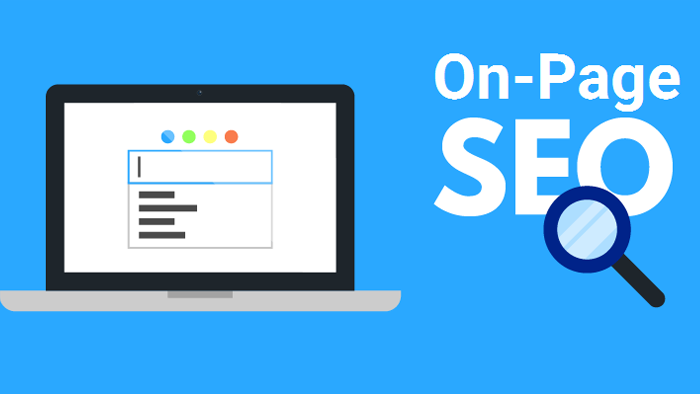
Often Overlooked Powerful On-Page SEO Techniques And Tips
A lot of SEO focus nowadays seems to be on off-page techniques. A lot of people will hire an expensive search engine optimization company to create backlinks, social media pages, and advertisements. On-page SEO appears to often go forgotten. When your website is not optimized, it doesn't matter what you do off-site, as you will never reach the potential that you are after in the SERPs. If you want to be found, there are some very easy things that you should do on your website before you concentrate on going off-site. Following this simple SEO strategy will help bring you to the top.
It's not the job of search engine optimization to make a pig fly. It is the job of the SEO to genetically re-engineer the website so that it becomes an eagle." -Bruce Clay
Ensure that you are using proper headings
When creating your article, post, or any other writing, be sure to utilize proper heading tags. H1 - H3 is the most important and should be used on every page. H4 helps out, but it is not necessary. Each heading develops how search engines will determine the relevancy of the content. Be sure to be strategic with your keywords.
- H1 should be your title. Include your main keyword. Use no more than once per page. If you are using WordPress, your title should automatically have this heading.
- H2 should be a short 1-7 word description of the article with similar but alternative keywords. I recommend only using once on a page, but absolutely no more than three times.
- H3 should be your sections of the page. This heading can be used multiple times. I would use a combination of long tail keywords, relevant alternative keywords, and good descriptions. Length of 1-10 words. I find 3-7 to be best.
- H4 (optional) should be outlined points of your sections. This can be used if you emphasizing something in the section, but you don't want to deviate from the rest. I would recommend using alternative long-tail keywords only. You don't want to spam your keyword.
- H5 and H6 are optional, as these won't carry as much weight. If you do use these, the formatting should fit properly into the text. There's really not much to go into with these, but make sure the text is relevant.
Use a variety of long-tail keywords
Using different long-tail keywords in one writing is something that may not be recommended by most. The only reason I can think of for this is that people would much rather rank as number 1 for a specific long tail. To me, this makes no sense. In my experience, when you add a mix to your writing, it reads more naturally. With this, search engines will actually give more credit to the page. Personally, I would rather rank page. Personally, I would rather rank in the top 3-5 results for multiple searches than the first result of one and none for the rest. The top 5 results are still very well looked over when people are genuinely looking for what you offer.If you need help figuring out what types of long-tail keywords to use, check out my article on this great keyword research tool!
Create valuable content in length
I know many SEO experts may say that around 700 words is ideal. I have to disagree with this. The reason that these experts use 700 as ideal is that content that has no significance or poor formatting becomes tiring to read. This is why you see so many people creating "top 10 lists". Sure, you see these lists ranking high for certain search queries, but do they really offer readers the information that they are after? Creating quality content with 1500-2500 well-structured words will rank much higher than these overrated lists. The next time you see a results page with many "top 10 Xyz" articles, take a look at the 2-3 results that do not use that type of formatting on the first page. There is a high chance that they are there. When you read these articles, you will find that they go into great detail over the said topic, and they will be lengthy. Search engines find more value in these types of articles. Also, the lists are most likely pointing to these! Remember, quality content is always your best route!
Highlight your content
I don't mean literally change the text color or add in a highlighter effect. When revising your content, look for sentences and keywords that you want to pop out. Take these selections and put them in bold, underlined italics, or a combination thereof. Not only will this help draw your readers' attention to that content, but search engine algorithms will see the formatting difference. This tweak in formatting will indicate to the program that this content is relevant or important and will gravitate more focus on the interpretation. Internal Linking This SEO technique is often overlooked. Link to your other pages on your site! When you link to another page with a dofollow, you will pass on some of the source page's authority juice to the linked page. Of course, you will need to link in context, but when you have a high authority page, why would you not want to pass that on to others? Keep in mind, if you overdo the internal linking, the algorithms are designed to detect this. Search engines don't like spammed content.
External Linking
While linking to your own content is important, one of the best Search Engine optimization methods you can use is linking to other external websites. For those who have done their own SEO before, this is obvious, but to those that are new to search engine optimization, let me explain. I know that it sounds contradictory to link away from your website because the goal is to keep your visitors. The fact is search engines look for reputable information hubs. When you link to other sources beyond your own, your other sources beyond your own, you are indicating that your site is resourceful. Doing this will increase the authority of your site. Another great thing about this is that when you reference someone else's content when someone follows the link, it will show in the other website's analytics. When the webmaster of the said site sees this, they will know that they are coming from your writing. This can cause the webmaster to look into your site and possibly link to you, thus creating backlinks. If the webmaster is using WordPress or another similar CMS (content management system), it is possible that they will receive a pingback or traceback, creating backlinks in that manner. Overall, just link out to other sites. It has many great benefits for your SEO strategy that you can't afford to ignore!
First 40 and First 150 Words
The first 40 and 150 words in an article are important to effective search engine optimization. The first 40 words are where the search engines obtain the information that is posted under your URL when posted. The first 150 will tell the algorithm what your article is about. Be sure that the first 40 words will entice searchers to click on your link. This is your chance to draw their attention. Make it count. When continuing on to the 150 words, ensure that you use your main keyword and a secondary long-tail keyword. This will help indicate to the search engine what you are writing about.
Excerpt
If you don't want to use the first 40 words to catch the attention of readers (which you should anyway), be sure to insert an excerpt into the article. If you look below your post editor in WordPress, you will see a box that reads "excerpt". This is where you would type it. What this does is instead of showing the first 40 words of your article in the results page, it will use this instead. This allows you to write up a description in more detail without having to compromise the start of your article. With this in mind, not all search engines (though most of the big ones like Google, Bing, or Yahoo do) will use this excerpt, therefore, I recommend utilizing the first 40 words to have a great introduction and creating a very detailed description as your excerpt.
URL Structure Search engines much prefer "pretty" URL structures. I'm sure you have noticed plenty of websites that use a format of "http://domain.extension/23/5/04/p? =203" or something ugly like that. These lose points when it comes to rankings. A better format would be "http://domain.extension/category/articletitle". The URL should indicate what the page consists of. Another point to add to this would be that you should have your keyword somewhere in the title. Just correcting these URL formats has shown to sign?? cantly increase ratings in SERPs.
Alt Text
If you're using multimedia in your website, which is a good practice to increase content views, creating alt text for the media is crucial. Search engines have become very advanced in being able to figure out what an image is, but they do not rely on it, as it is still not 100% accurate. Alt text will tell the search engine what the image or video is supposed to be contributing to the site. Also, there contributing to the site. Also, there are browsers and extensions that disable images. Search engines want your site to be friendly to all types of web surfers, so having this alt text will give these users an idea of what you were trying to portray.
Include Social Media
Social media marketing has become a huge part of having a professional SEO strategy. Be sure that you include ways for your visitors to share, bookmark, and subscribe to your content on-page. When you use these, the search engines will be able to calculate the actual social presence of the page and your ranking will increase with popularity. As a page gets shared more, its authority goes up!
Fresh Content
It should be of no surprise that people want the most up-to-date information available. Search engines are aware of this fact as well. This is why search engines give a higher ranking to new content compared to older content. If you expect to continuously rank at the top of the SERPs, you will need to continuously create new and engaging content. This of course goes back to the old "quality content is king!" Not only do search engines give you more credit for having fresh content, but if your visitors realize that you are always putting new stuff on the site, they will return often to check it. This will boost your site traffic, which will also increase the rankings! You have to love the cycles this type of stuff creates!
On-Page SEO Conclusion
On-page SEO is not difficult at all. Once you configure it, it will continuously deliver more and more for you. There is no need to continuously tweak and modify it. Of course, when new content is created, you will need to set up the on-page stuff for it, but if you have been doing it with all of your content, then this becomes very simple, habitual, and fast. The results you will obtain from optimizing your website first will prove to be substantial. I have watched many webmasters waste way too much time and money on off-site SEO without working on their site first and not gain traction. On the other hand, I have also seen on-site SEO flourish without doing anything off-site (though this is typical with very specialized niches). Take my recommendation and do your onsite SEO correctly. The small amount of time and effort is worth it.
"It's not the job of search engine optimization to make a pig fly. It is the job of the SEO to genetically re-engineer the website so that it becomes an eagle." - Bruce Clay
Original Source: diywebsitebuilder.net










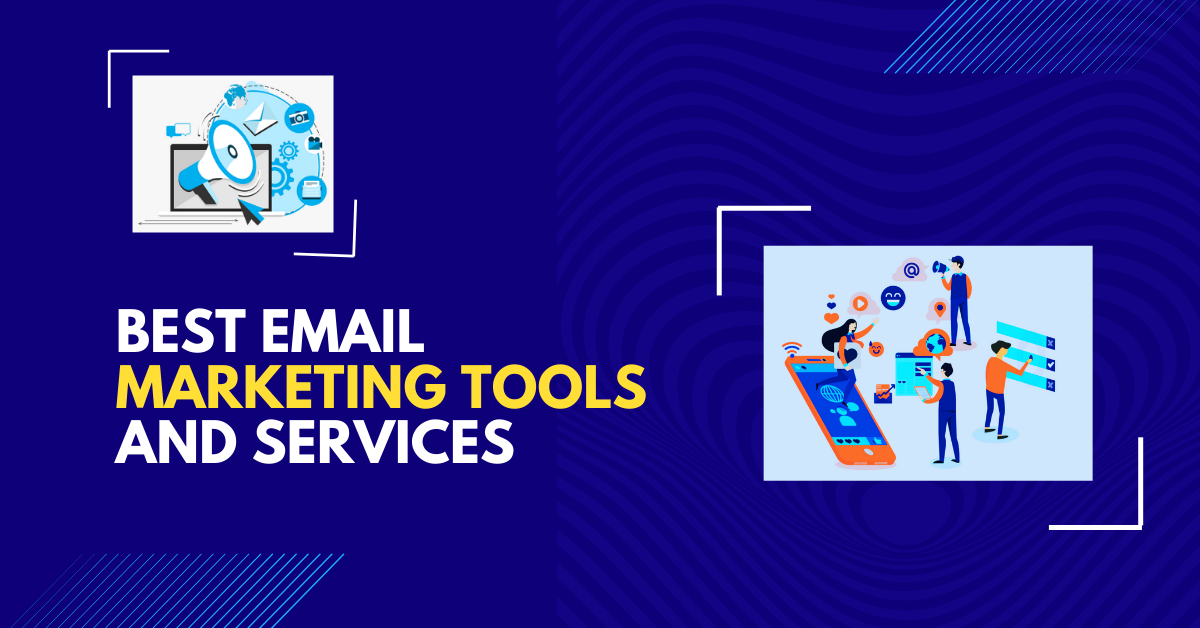
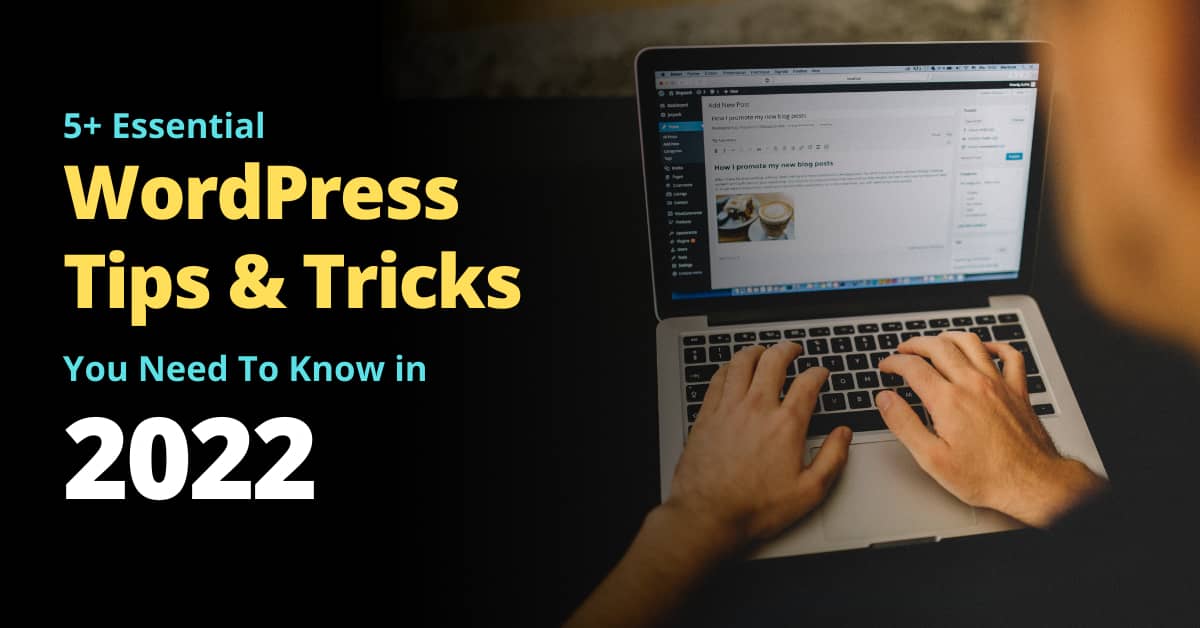
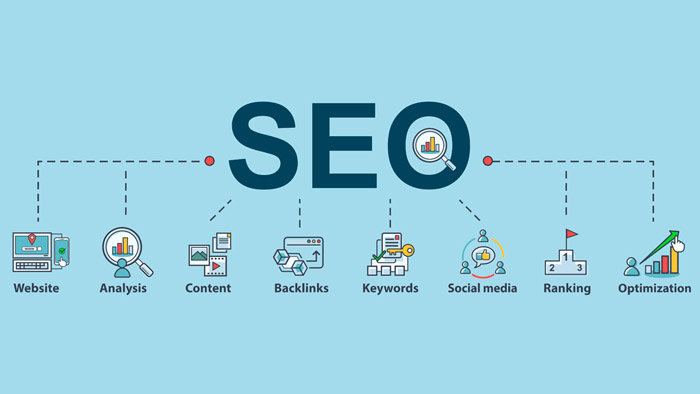
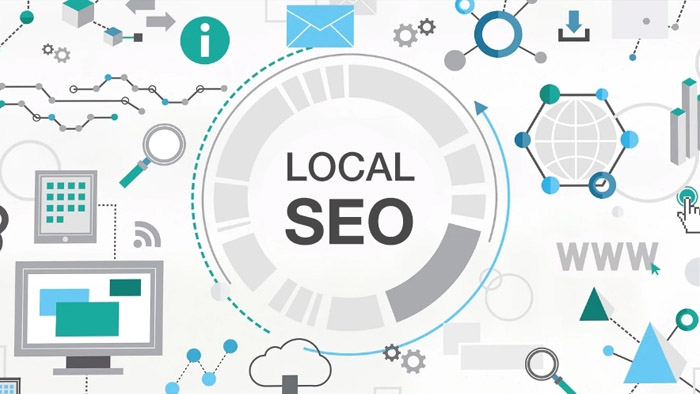

Post Your Comment
Comments